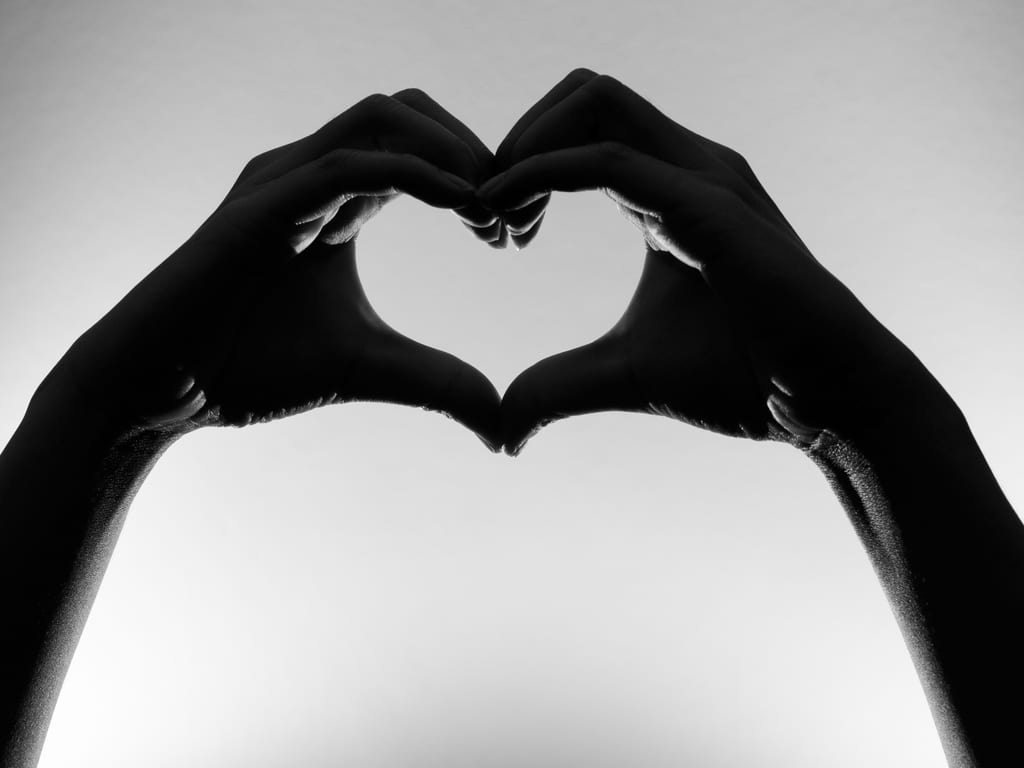There are so many beautiful things I could tell you about my mother, Leola Alethea Bradley Watlington, but more important than anything was her edicts to us. I took them as seriously as if they were written on tablets and brought down from Mount Sinai. Of all the many demands and directives she shared with us, the one tattooed on my soul is, “No one, you hear me, no one in this world is better than you, but you ain’t no better than anyone else. “
This very simple admonition gave my siblings and me the armor and ammunition to battle against a system that tells Black people that they are less than on every occasion possible. I watched her carry herself that way with anybody and everybody she interacted with. My mother was not unique in our neighborhood, where parents that were denied opportunities would be damned if opportunities were going to be denied to their children. My mother was a ferocious advocate for education. She was denied the chance to pursue her dream of becoming a registered nurse when she arrived in New York City from South Carolina. She passed an exam to get the training, but they told her there were no more openings when she showed up. These situations happened so often it was an anomaly when they didn’t. I remembered her telling us that White people will always let us know what they are most fearful of, and she would point out that they used to kill us if we learned how to read. She’d say they can’t take what you learn away from you, and it will arm you to go head-on with the system for the rest of your life.
It wasn’t until I was a bit older that I learned how vital accountability was to my mother. Well, let me rephrase that; I got enough ass whuppings to realize I was being held accountable, but she held everyone to account. I remember my mother showing up the first day of every school year to talk with my new teacher, and she would exchange phone numbers with them. When I was younger, I used to think that this was just our mother’s way of keeping us in line, but I learned later this was her double checkmate because she was also putting the teacher on notice; “I got my eye on you too and can contact you anytime I need to if there’s a problem.” I can attest that this works like a charm; ask my kids.
Of all the prayers that my mother said for us, one of the critical prayers was that we would all develop a passion for learning and education, oh, and one of the other prayers was for us to keep our butts out of jail. I knew that one of the ways to my mother’s heart was education. I became a professional student with a purpose. I always saw my educational journey as an evolutionary endeavor building block by block and preparing me to capitalize on opportunities as they presented themselves. I’ve been blessed to achieve three advanced degrees, of which one is a Juris Doctor. I spent a great deal of time in classrooms, but I have no regrets at all because every time I earned an academic or professional achievement, I felt it served as some salve for what happened to my mother decades earlier; she would always let me know as much
While growing up, there were so many different versions of my mother. A network of dedicated Black and Puerto Rican mothers existed in our neighborhood. I used to call them the MIA (Mothers Intelligence Agency). You couldn’t get away with much. They loved and guided their children and felt it was their responsibility to do the same for their neighbors’ children. That is why one of the most infuriating and aggravating false narratives that have been promulgated for decades has been about the moral decline of the Black family. The roots of this narrative are not new and have been promoted for centuries through slavery, Jim Crow, segregation, and voter suppression. Institutions in our country have contributed willfully to a self-fulfilling prophecy about the demise of the Black family. Many social scientists and critics failed to acknowledge the fact that if the Black family could not be destroyed by enslavers that literally separated mates and ripped children from their parent’s arms, the Black family tradition is strong and enduring and here to stay.
In August 2019, I attended an annual event called Jefferson Day. It’s a yearly celebration for people that grew up in the Jefferson Housing Projects in East Harlem or El Barrio. It is a huge block party that runs from Pleasant to Third Avenues and 112th to 115th Streets. All the Watlington clan was there except our deceased sister Gloria. As I threw down on a healthy plate of chicken, ribs, and collard greens, I took in how much time had passed. The buildings were older, the grounds weren’t maintained, and of course, old friends and acquaintances had passed on. But one vital thing did not change. The strong sense of community was still there. The bonds of kinship have persevered. Most importantly and gratifying was that those dedicated mothers and fathers are still fighting to get their children every opportunity they deserve.
America, the State of the Black family, is strong, challenged as always, but strong and resilient. Anyone telling you otherwise is mistaken.
Views: 146
